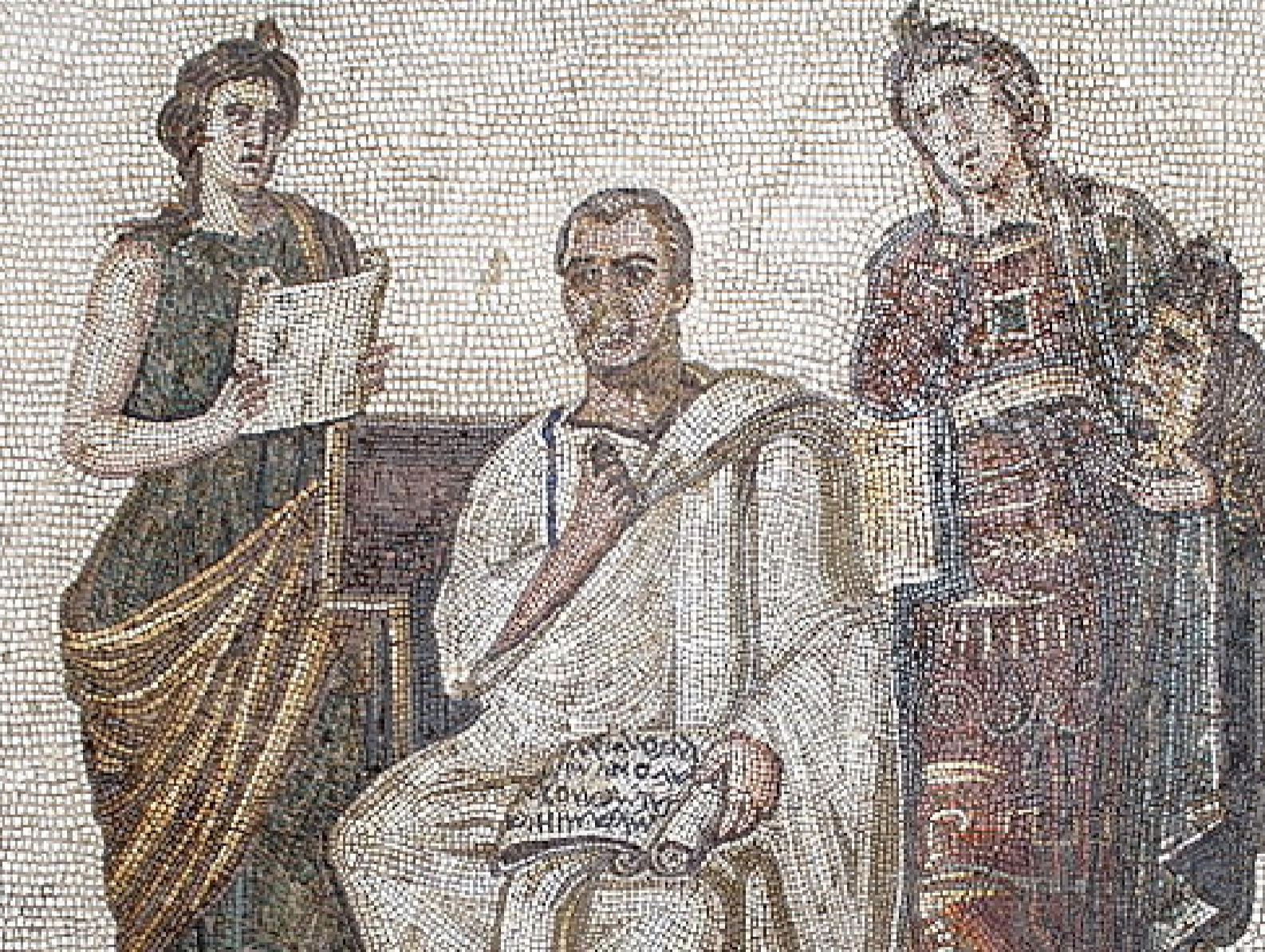Classical Studies faculty member Tedd Wimperis is co-directing a virtual symposium that brings together international scholars of Vergil, deepening understanding of both the ancient poet's context as well as ways in which the reception of the poem has informed post-classical discourse, ideas, and movements.
The Vergilian Society is a scholarly association founded in 1937 that brings together researchers, students, and enthusiasts to advance and promote the study of the Roman poet Vergil. Each year, the society hosts a multi-day international symposium, typically at Cuma, Italy, near Naples called the Symposium Cumanum on a theme chosen by annually selected conference directors.
 The 2021 Symposium Cumanum, taking place June 23-26, is co-directed by Elon Classical Studies faculty member Tedd Wimperis. Owing to the uncertainties around the pandemic, the conference will be held virtually, and the panel sessions will be publicly accessible to anyone who registers.
The 2021 Symposium Cumanum, taking place June 23-26, is co-directed by Elon Classical Studies faculty member Tedd Wimperis. Owing to the uncertainties around the pandemic, the conference will be held virtually, and the panel sessions will be publicly accessible to anyone who registers.
The theme of the symposium, “Identity in Vergil: Ancient Representations, Global Receptions,” invites new approaches to the ways in which Vergil’s Roman poetry has been used to construct, critique, or sustain notions of racial and national identity across time periods, and in diverse cultural contexts. The comprehensive and inclusive focus of this theme will be explored by 32 featured presenters who come from universities in the Americas, Europe, Africa, and Asia; the papers treat the reception of Vergil’s Roman poems not only in their own ancient Mediterranean world, but in relation to—as a few examples—colonialism in the New World, 20th century fascism, the global refugee crisis, online white supremacist discourse, and anti-racist pedagogy.
It is hoped that the conference’s goal of stimulating new connections between ancient literature and our world today will draw in a wide audience; Elon faculty (and students) are warmly invited to participate in any or all of the public sessions, and can register online.



